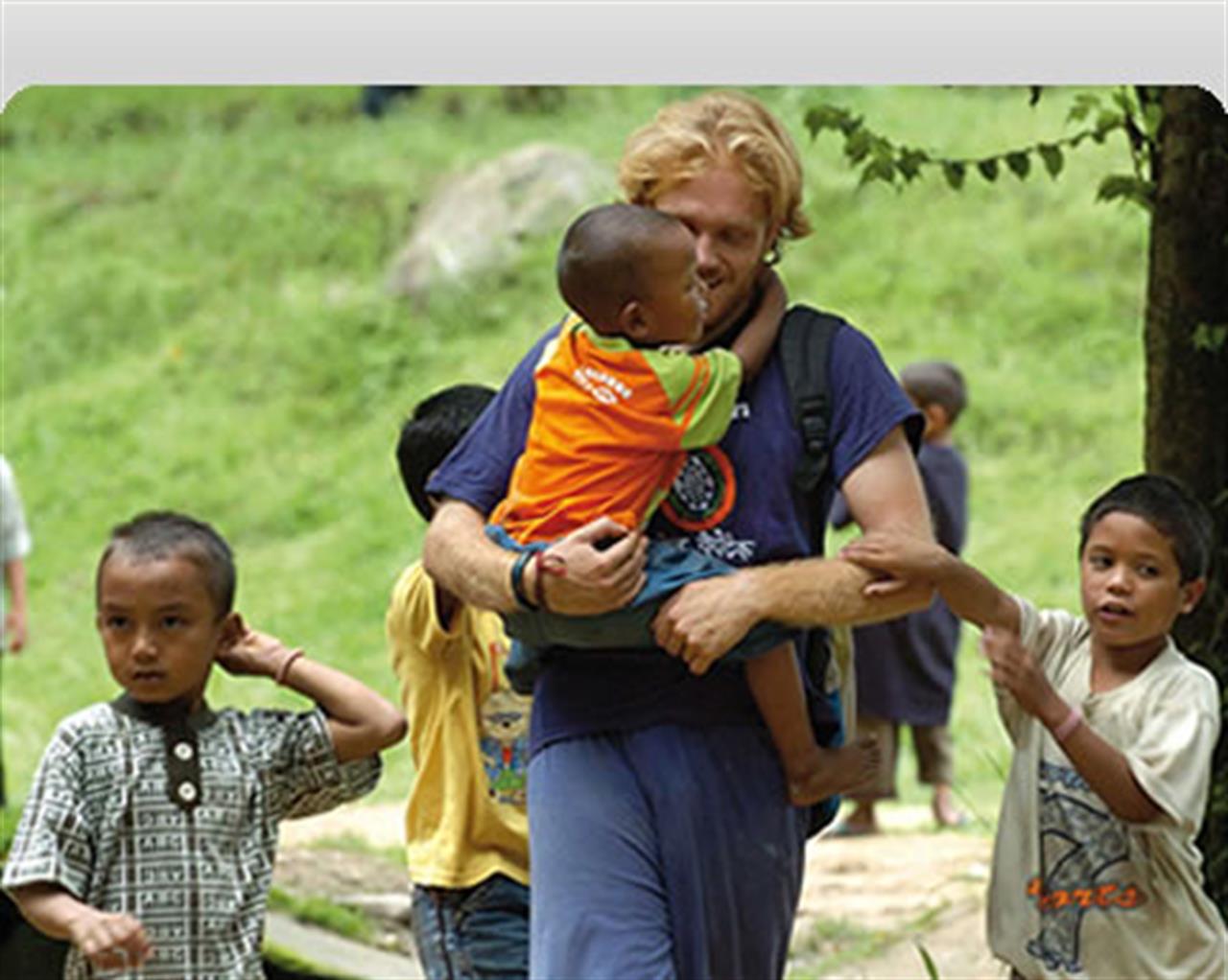Aid workers as targets
The happy news of released aid workers in Somalia and Sudan highlights the continuing threat posed on those working in danger zones
di Staff

A couple of days after the release of Doctors Without Borders’ aid workers in Darfur on March 14, four more were released in Somalia, having been captive for a day. An armed commando had kidnapped them early Monday morning near the airport of Wajid in the district of Bakool, Central-Southern Somalia. The victims consisted of a Somali, a Kenyan and two Westerners, nationality of which remains unknown, working for the World Food Programme (WFP) and for the United Nations Programme for Development (UNDP).
Although the UN Resident and Humanitarian Coordinator, Mark Bowden, stated that “the quick and positive resolution of this incident will ensure the aid operation can go on unhindered”, the alarm remains unfortunately raised for more attacks against aid agency workers.
Indeed, 2008 was a very bad year for NGO field workers: in Somalia 36 aid workers were killed, 33 in Afghanistan, 11 in Darfur, 4 in Chad, 2 in Congo, 2 in Sri Lanka, 1 in the Philippines, 1 in Pakistan. And according to a Humanitarian Policy Group report attacks against aid workers have doubled from 1997 to the present. From 1997 to 2007 victims were 947 of which 434 killed and 305 kidnapped. The greatest part (78%) were local development workers. 2003 was the worst year, with 86 NGO field workers killed.
Somalia occupies first place in so far as attacks on aid workers are concerned, followed by Zimbabwe, Afghanistan, Darfur, Congo.
Spotlight on Africa
Somalia
Of all African countries this is the most dangerous for humanitarian workers and the least accessible when it comes to bringing aid. In 2008 alone 35 aid workers were killed and 26 kidnapped, numbers that are clear indicators of the gravity of the crisis. According to the UN, the crisis in Somalia is Africa’s worst: since 2006, when the struggle between the transition government and the Islamic courts began, over 1 million Somali’s have fled from their homes, 250 thousand of whom live on the road that goes from Mogadishu to Afgooye, without shelter, food and medical assistance.
It is increasingly difficult for NGOs to bring aid without being attacked. In Mogadishu the only hospital that people have access to remains Sos Kinderdorf, that has, however, had to interrupt its services at times due to armed fighting.
Zimbabwe
Here, silence reigns over the media and NGOs, inflation has soared to unbelievable heights – 231 million% – a cholera epidemic involving 91 thousand people has been allowed to spread unchecked. And the president, who is 84 and has been in power for 28, throws birthday parties and buys himself a villa worth 4.5 million dollars in Hong Kong. “Here” is Robert Mugabe’s Zimbabwe, or what is left of it anyway (3 million of its people have fled to South Africa). The situation has worsened since the elections in March 2008 and ensuing violence. And the country has been put to its knees by the food crisis and the government’s bad land management policies; the average wage of nurses in public hospitals has hit rock bottom at 0.5 cents of a dollar a month. As a result many have left to seek work abroad.
NGOs are also under fire – they can continue to operate as long as they don’t talk about what is going on in Zimbabwe with foreign press.
Darfur
All foreign NGOs must leave Western Sudan by the end of 2009. If this region, which has been the centre stage of civil war and humanitarian disaster since 2003, wants to receive foreign aid it will have to unload the aid in ports and airports. Sudan will then ensure the aid is distributed. This is Omar Al Bashir’s latest warning. He is the first and only president in the world to have been issued an arrest warrant from the International Court of Justice.
The largest humanitarian operation of the world has taken place in Darfur: 80 organizations, 15 thousand aid workers in a country where a third of the population has had to flee because of war and conflict. Despite the huge international effort hundreds of thousands of people are still cut off from aid, says Doctors Without Borders.
This year 11 humanitarian workers have been killed and 189 have been kidnapped in Darfur. Following the issue of the arrest warrant 13 European NGOs have been expelled from the region and 3 local organizations have been shut down, accused of being “spies” for the International Court of Justice.
Democratic Republic of the Congo
Since September 2007 fighting in North Kivu, a region to the East of the DRC, has caused large scale movement of refugees. The ceasefire signed in January 2008 has not been respected despite the presence in the region of Monuc, the UN’s largest peace force. A war lasting 13 years, an estimated death toll of 5 million, countless injured, thousands of people displaced by the violence, hundreds of child soldiers and of rape victims: a humanitarian tragedy of unimaginable size. A tragedy that would seem to never end and that has taken place far from the media spotlight.
In the DRC humanitarian workers often end up becoming targets in local wars: since the beginning of 2009 15 aid workers have been targeted, one of them, Boduin Ntamenya, lost her life in 2008.
Cosa fa VITA?
Da 30 anni VITA è la testata di riferimento dell’innovazione sociale, dell’attivismo civico e del Terzo settore. Siamo un’impresa sociale senza scopo di lucro: raccontiamo storie, promuoviamo campagne, interpelliamo le imprese, la politica e le istituzioni per promuovere i valori dell’interesse generale e del bene comune. Se riusciamo a farlo è grazie a chi decide di sostenerci.
